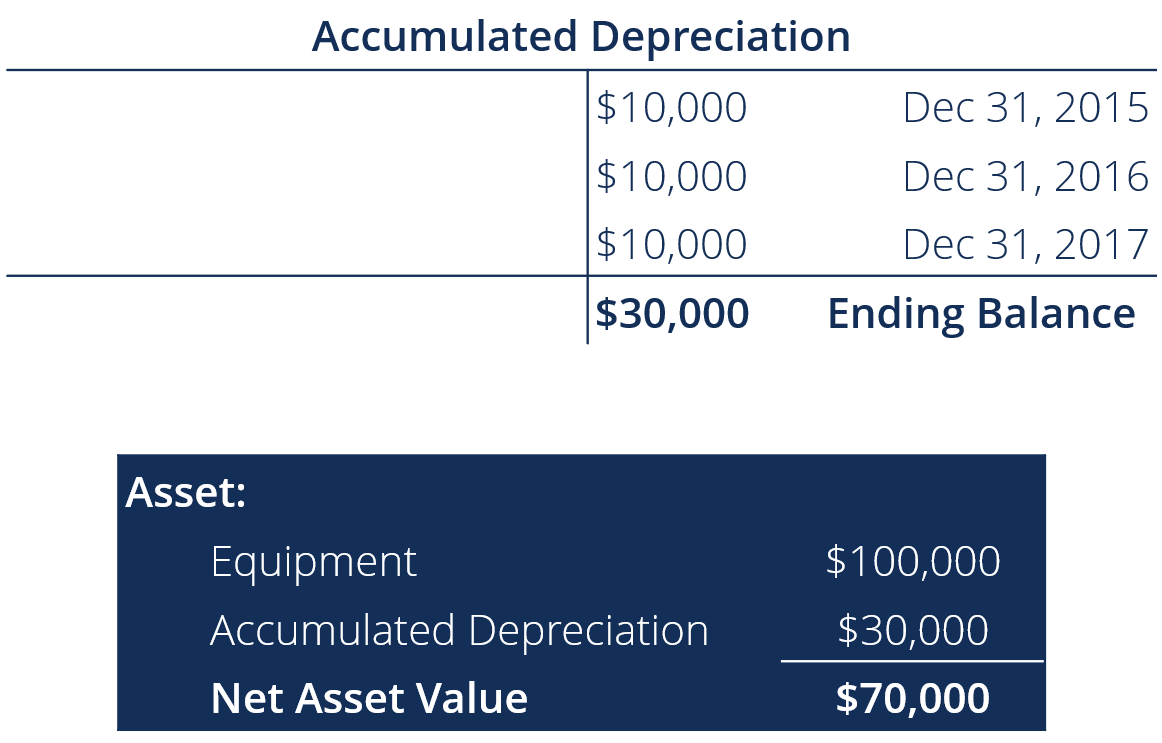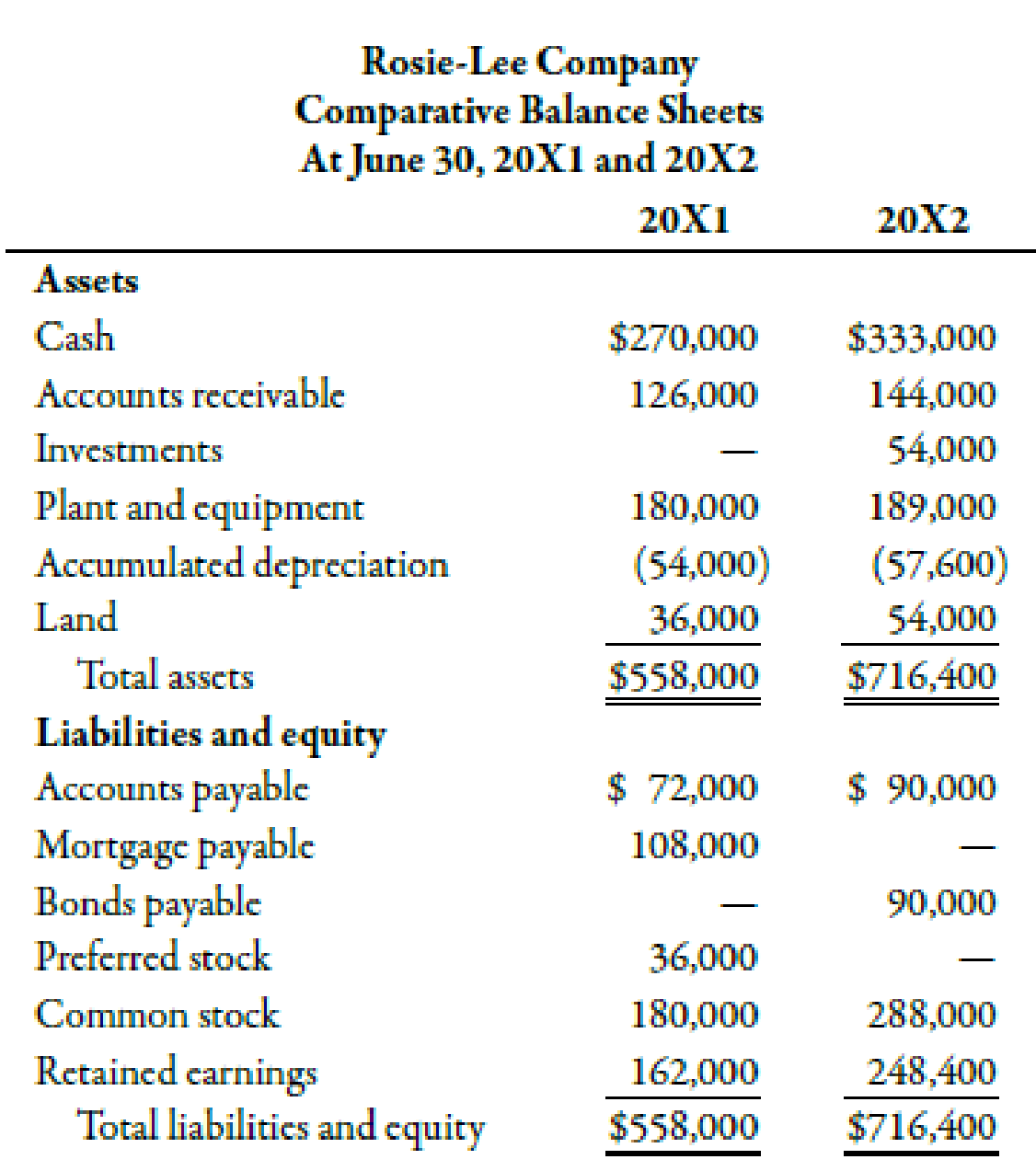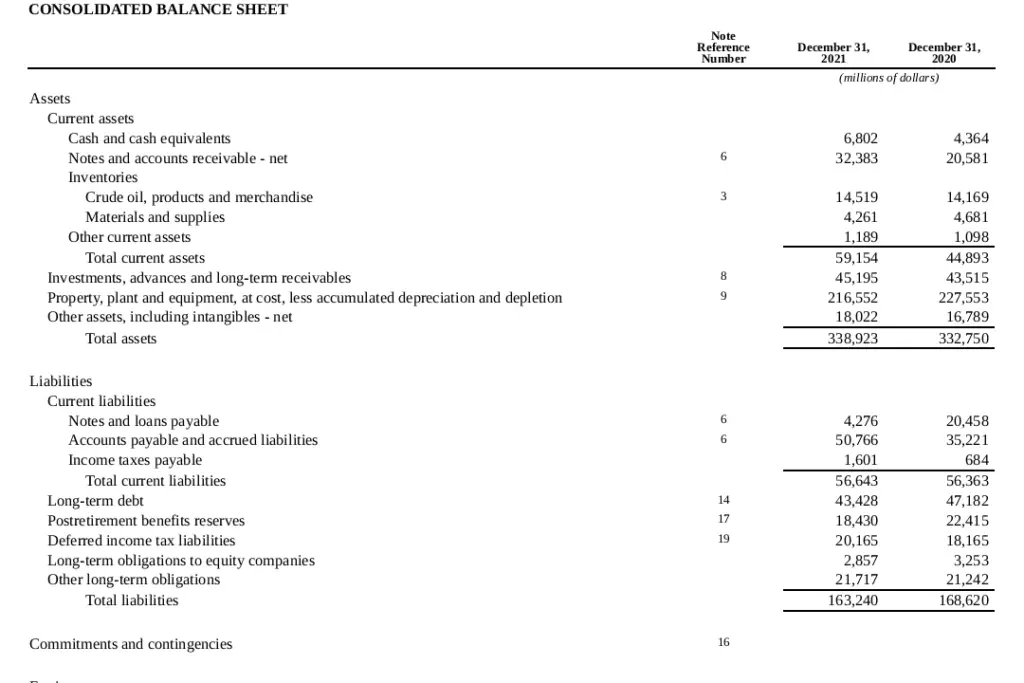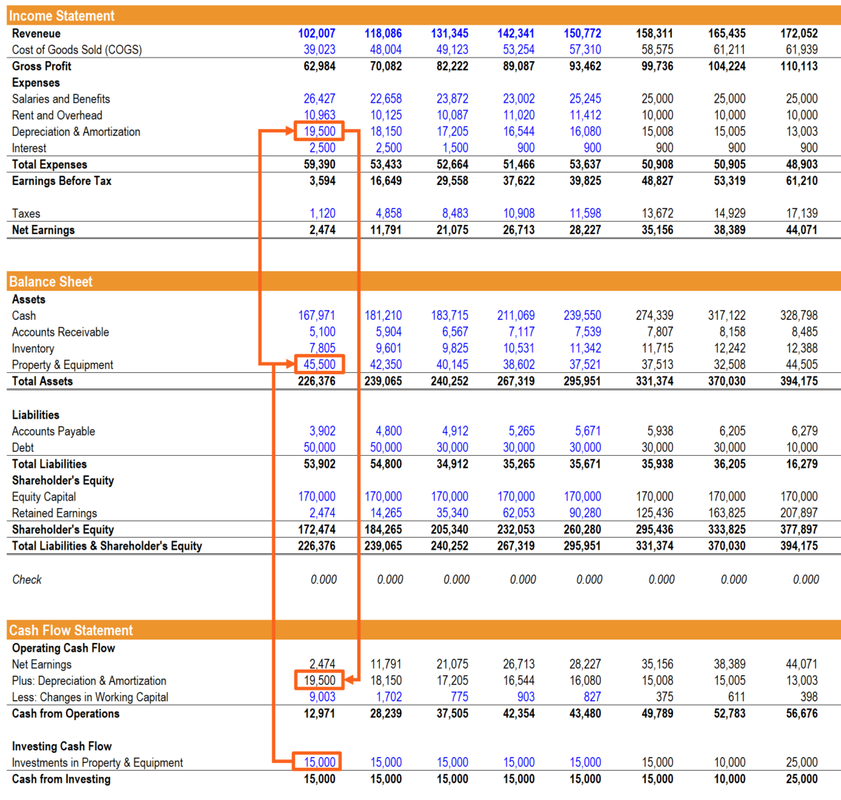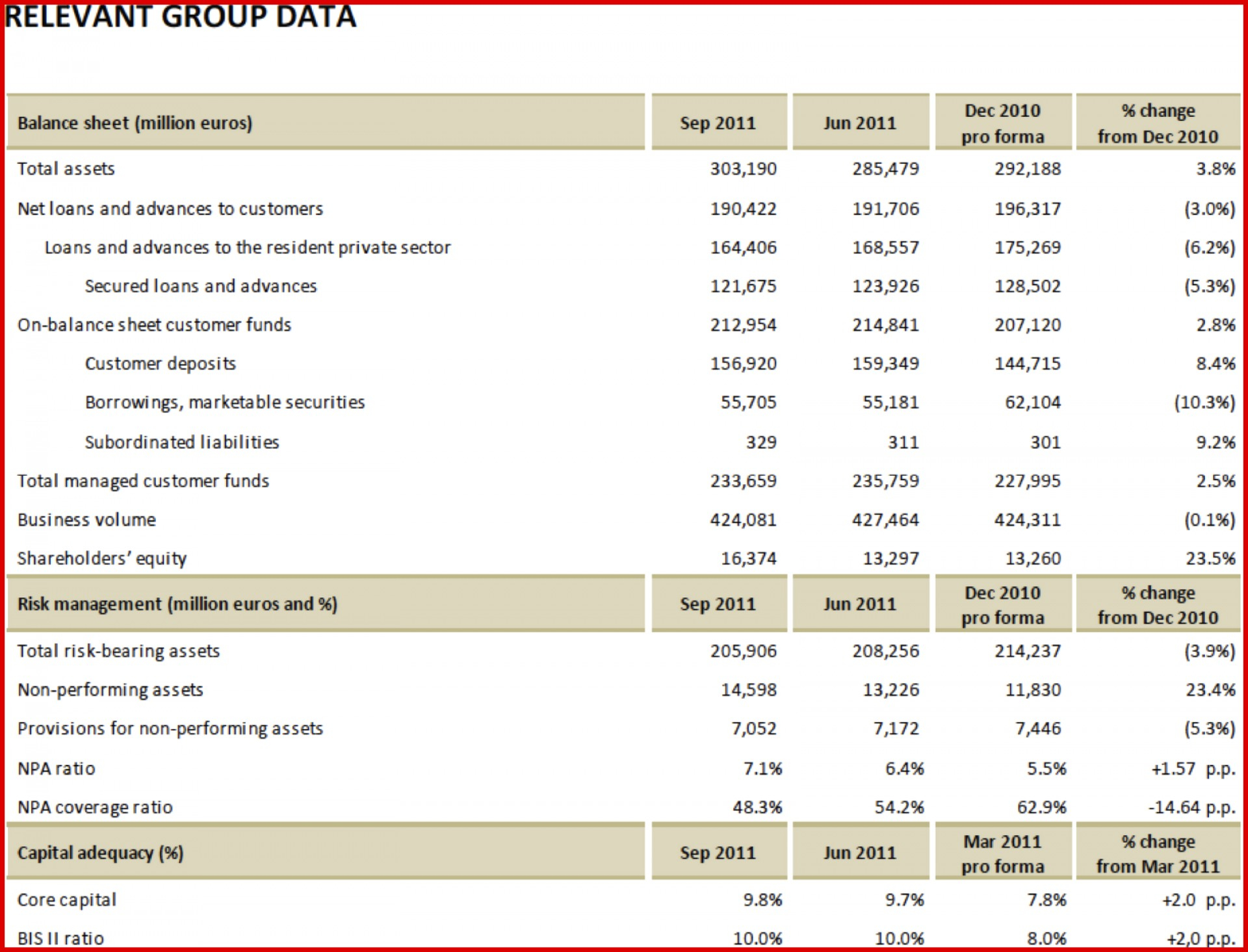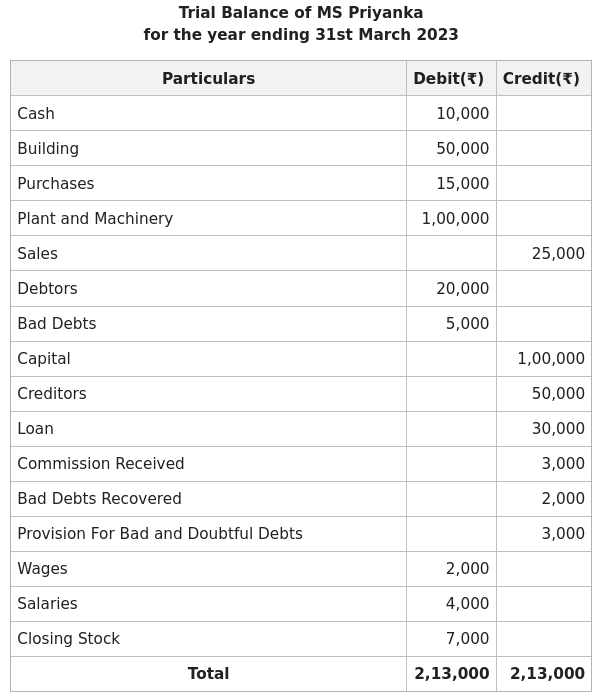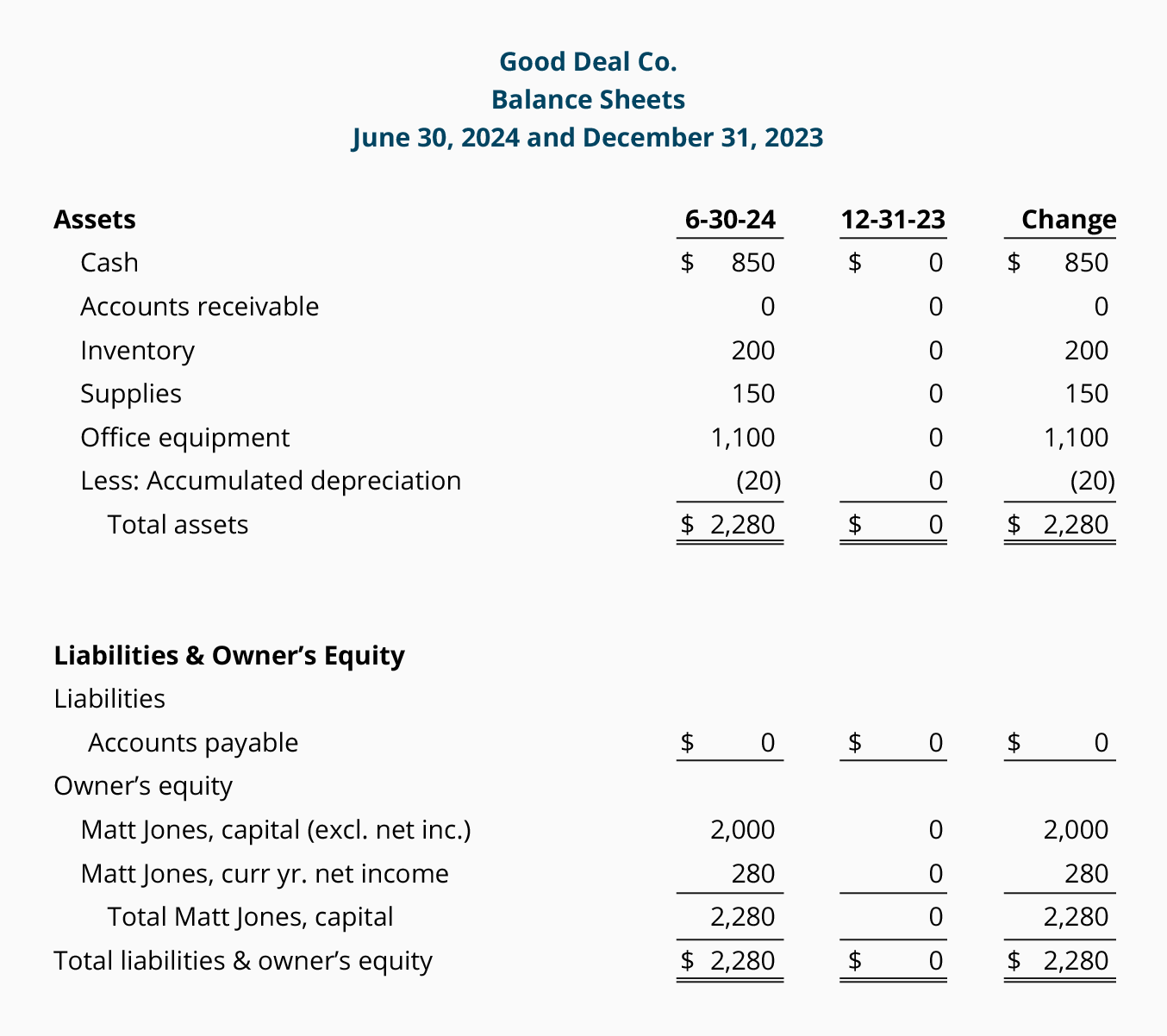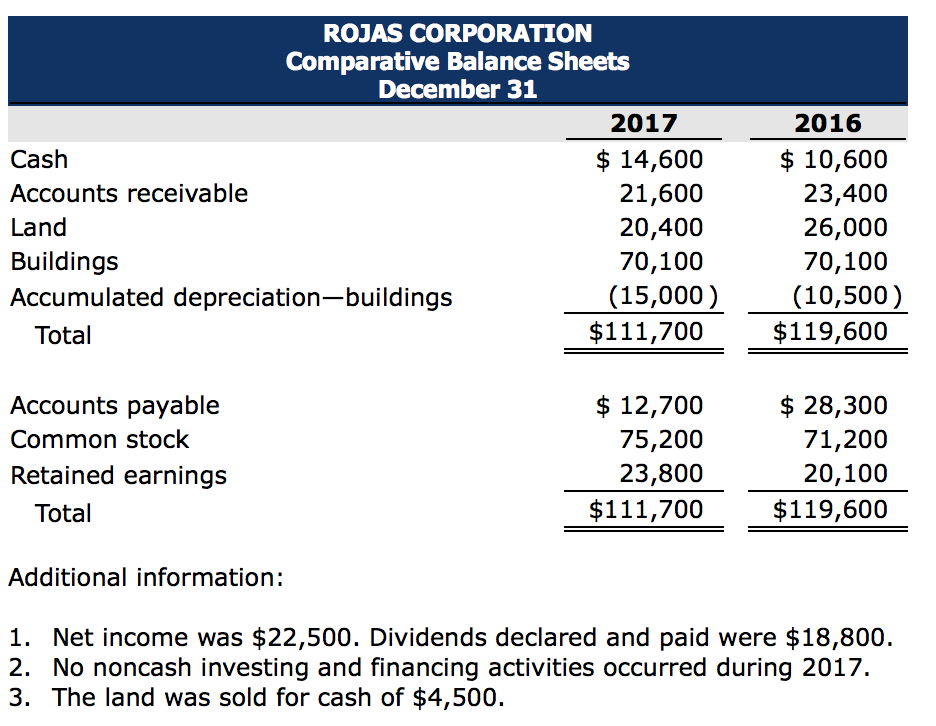Depreciation On Balance Sheet - This gives a more realistic picture of what your. Learn why depreciation is an estimated expense that does not assist in determining the current market. Accumulated depreciation is the total decrease in the value of an asset on the balance sheet of a business over time. Depreciation is a standard accounting method that lets businesses divide the upfront cost of physical assets—from delivery trucks to data centers—across the number of years they expect to use. How does depreciation affect my balance sheet? Thus, depreciation is a process of allocation. Our explanation of depreciation emphasizes what the depreciation amounts on the income statement and balance sheet represent. It lowers the value of your assets through accumulated depreciation. Depreciation accounting is a system of accounting that aims to distribute the cost (or other basic values) of tangible capital assets less its scrap value over the effective life of the asset. The cost for each year you own the asset becomes a business expense for that year.
This gives a more realistic picture of what your. Thus, depreciation is a process of allocation. How does depreciation affect my balance sheet? It lowers the value of your assets through accumulated depreciation. Learn why depreciation is an estimated expense that does not assist in determining the current market. Depreciation is a standard accounting method that lets businesses divide the upfront cost of physical assets—from delivery trucks to data centers—across the number of years they expect to use. Accumulated depreciation is the total decrease in the value of an asset on the balance sheet of a business over time. The cost for each year you own the asset becomes a business expense for that year. Depreciation accounting is a system of accounting that aims to distribute the cost (or other basic values) of tangible capital assets less its scrap value over the effective life of the asset. Our explanation of depreciation emphasizes what the depreciation amounts on the income statement and balance sheet represent.
Depreciation accounting is a system of accounting that aims to distribute the cost (or other basic values) of tangible capital assets less its scrap value over the effective life of the asset. This gives a more realistic picture of what your. Thus, depreciation is a process of allocation. Depreciation is a standard accounting method that lets businesses divide the upfront cost of physical assets—from delivery trucks to data centers—across the number of years they expect to use. The cost for each year you own the asset becomes a business expense for that year. How does depreciation affect my balance sheet? Learn why depreciation is an estimated expense that does not assist in determining the current market. Our explanation of depreciation emphasizes what the depreciation amounts on the income statement and balance sheet represent. It lowers the value of your assets through accumulated depreciation. Accumulated depreciation is the total decrease in the value of an asset on the balance sheet of a business over time.
How is accumulated depreciation on a balance sheet? Leia aqui Is
Thus, depreciation is a process of allocation. How does depreciation affect my balance sheet? Our explanation of depreciation emphasizes what the depreciation amounts on the income statement and balance sheet represent. The cost for each year you own the asset becomes a business expense for that year. Depreciation is a standard accounting method that lets businesses divide the upfront cost.
Balance Sheet Example With Depreciation
Learn why depreciation is an estimated expense that does not assist in determining the current market. Depreciation is a standard accounting method that lets businesses divide the upfront cost of physical assets—from delivery trucks to data centers—across the number of years they expect to use. How does depreciation affect my balance sheet? The cost for each year you own the.
Balance Sheet Example With Depreciation
Depreciation is a standard accounting method that lets businesses divide the upfront cost of physical assets—from delivery trucks to data centers—across the number of years they expect to use. Thus, depreciation is a process of allocation. Learn why depreciation is an estimated expense that does not assist in determining the current market. Depreciation accounting is a system of accounting that.
Where Is Accumulated Depreciation on the Balance Sheet?
It lowers the value of your assets through accumulated depreciation. This gives a more realistic picture of what your. Learn why depreciation is an estimated expense that does not assist in determining the current market. Depreciation accounting is a system of accounting that aims to distribute the cost (or other basic values) of tangible capital assets less its scrap value.
Where is accumulated depreciation on the balance sheet? Financial
Our explanation of depreciation emphasizes what the depreciation amounts on the income statement and balance sheet represent. Thus, depreciation is a process of allocation. This gives a more realistic picture of what your. The cost for each year you own the asset becomes a business expense for that year. Depreciation accounting is a system of accounting that aims to distribute.
Balance Sheet Example With Depreciation
Depreciation is a standard accounting method that lets businesses divide the upfront cost of physical assets—from delivery trucks to data centers—across the number of years they expect to use. Thus, depreciation is a process of allocation. It lowers the value of your assets through accumulated depreciation. Our explanation of depreciation emphasizes what the depreciation amounts on the income statement and.
Fixed Asset Depreciation Excel Spreadsheet for 013 Accounting Balance
The cost for each year you own the asset becomes a business expense for that year. Learn why depreciation is an estimated expense that does not assist in determining the current market. Depreciation is a standard accounting method that lets businesses divide the upfront cost of physical assets—from delivery trucks to data centers—across the number of years they expect to.
Balance Sheet Example With Depreciation
This gives a more realistic picture of what your. The cost for each year you own the asset becomes a business expense for that year. Depreciation accounting is a system of accounting that aims to distribute the cost (or other basic values) of tangible capital assets less its scrap value over the effective life of the asset. Accumulated depreciation is.
Balance Sheet Example With Depreciation
Our explanation of depreciation emphasizes what the depreciation amounts on the income statement and balance sheet represent. It lowers the value of your assets through accumulated depreciation. The cost for each year you own the asset becomes a business expense for that year. How does depreciation affect my balance sheet? This gives a more realistic picture of what your.
How do you account for depreciation on a balance sheet? Leia aqui Is
It lowers the value of your assets through accumulated depreciation. Our explanation of depreciation emphasizes what the depreciation amounts on the income statement and balance sheet represent. The cost for each year you own the asset becomes a business expense for that year. How does depreciation affect my balance sheet? Learn why depreciation is an estimated expense that does not.
This Gives A More Realistic Picture Of What Your.
How does depreciation affect my balance sheet? It lowers the value of your assets through accumulated depreciation. Thus, depreciation is a process of allocation. Learn why depreciation is an estimated expense that does not assist in determining the current market.
Depreciation Is A Standard Accounting Method That Lets Businesses Divide The Upfront Cost Of Physical Assets—From Delivery Trucks To Data Centers—Across The Number Of Years They Expect To Use.
Depreciation accounting is a system of accounting that aims to distribute the cost (or other basic values) of tangible capital assets less its scrap value over the effective life of the asset. The cost for each year you own the asset becomes a business expense for that year. Accumulated depreciation is the total decrease in the value of an asset on the balance sheet of a business over time. Our explanation of depreciation emphasizes what the depreciation amounts on the income statement and balance sheet represent.

